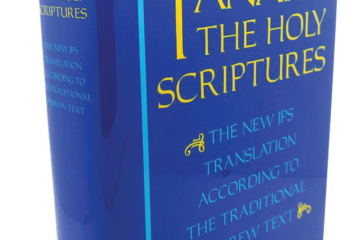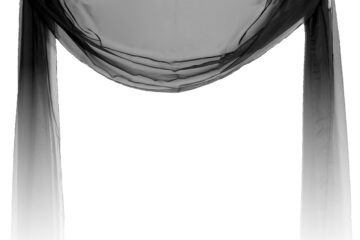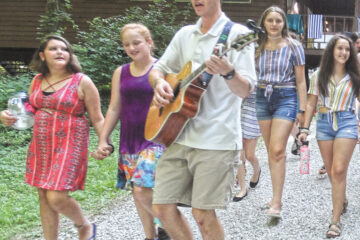Learning from our ‘precedential’ election
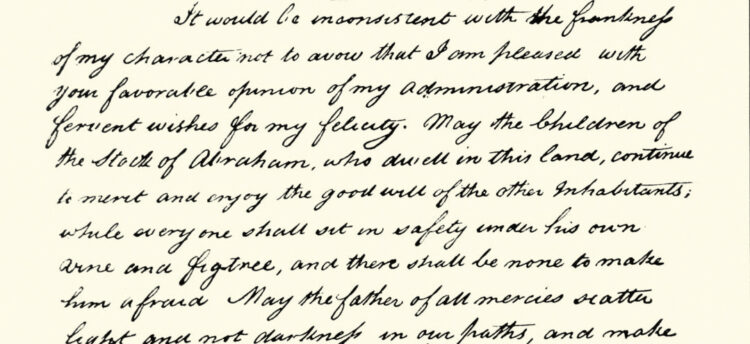
By Rabbi Benjamin G. Azriel, Temple Beth Or
Electing a “precedent” is never an easy time for a community. Evaluating values, learning about the history of the concepts, incorporating morality into our lives are all parts of determining the precedent that we will elect.
At Makor, Temple Beth Or’s Sunday school, we have spent the better part of our Sunday morning virtual sessions doing just this: electing a precedent, a Makor mascot.
A precedent, however, is not a president. A precedent is a moral direction. Learning about morality is our mission at Makor right now, as our students use the themes embedded in our American election to elect our precedent.
The nominees for the position of Makor precedent are Tzedek (justice, as portrayed by Rabbi Judy Chessin), and Chesed (lovingkindness, which I portray).
Notice the word tzedek contains the same Hebrew root letters as tzedakah, which can be thought of as just or righteous giving, often translated into English as charity.
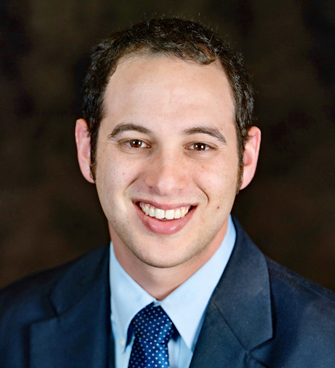
During our classes, each nominee — Tzedek and Chesed — attempts to persuade students to gain enough votes to be elected.
For example, students have learned:
Kindness is what we do; charity is what we give. At least, that is the lesson that we are taught in the Talmud (Sukkah 49b).
Our sages say that chesed and tzedakah can be compared on three levels, all of which have kindness “winning out” in the end:
1. Tzedakah, they say, can be performed only with one’s money, while chesed can be achieved with one’s money or one’s actions.
2. Tzedakah is given to the needy, while chesed can be given to both the needy and those rich in blessing.
3. Tzedakah is given only to the living while chesed can be given to both the living and the deceased (for example, the burial and mourning rituals).
Chesed and tzedakah are both values that we hold dear to us in our community. Tzedek and chesed share a relationship, sometimes mutually exclusive, sometimes necessarily accompanying.
This creates a need for both justice and kindness, a lesson which we hope the students will come to see by the end of our precedential election.
It should be evident that a precedential election is a theme of our society this year as we have gone through an election cycle.
The anxiety which filled our summer and autumn months can still be felt through our community today.
Religion, however, has played a role in every American election to some degree. With the American election in the rearview mirror, we are now able to learn from our students and from our forefathers.
The students have come to realize the need for compromise and discussion, compassion and justice, in equal measure.

Without hate or divisiveness, they have taught Rabbi Chessin and me an important lesson: one precedent is a combination of many topics.
Thus, it is our job to find the intersection between tzedek and chesed and encourage that combination of ideas to become our Makor mascot.
Justice, charity, kindness, and compassion all exist within our world. There is room for them all, there is a need for them all, and our students must be exposed to them all so we can help to shape a generation of learners, doers, listeners, and leaders of whom we can all be proud.
Despite the differences each student has in which value they think is more important, they all agree on the need to hear each other, learn from each other, and give each other a chance to offer their opinion.
As George Washington once wrote in a letter to the members of the Touro synagogue in Newport, R.I., “May the children of the Stock of Abraham who dwell in this land continue to merit and enjoy the good will of the other Inhabitants — while every one shall sit in safety under his own vine and figtree and there shall be none to make him afraid.”
Washington’s words leave me thinking about the aforementioned text from the Talmud.
Our sages provided opinion after opinion after opinion, often contradicting each other, leaving room for dissent and argument, memorializing the discussions so that in the future (today), we can still see where variance in our practice might be found.
“Tzedek, tzedek tirdof, Justice, justice you shall pursue (Deut. 16:20),” and “olam chesed yibneh, the world will be built upon kindness (Ps. 89:3)” — these phrases, which can be teased out from our traditional texts, are taken in sum, not individually.
Our society is built upon an even balance of all our morals, some of which may be more valuable to one family and others more valuable to another.
However, without learning about them all, without exposure to a spectrum of ideas, our students would be left to one-sided conversations.
Rabbi Chessin and I don our costumes on Sunday mornings and use our Zoom backgrounds and sound effects to bring our precedential election to life.
Chesed and Tzedek look to garner support from our students to win the competition; however, neither of them disrespects the other. Instead, they realize the importance of working together to create a balanced, just, kind community that we all deserve.
To read the complete December 2020 Dayton Jewish Observer, click here.


